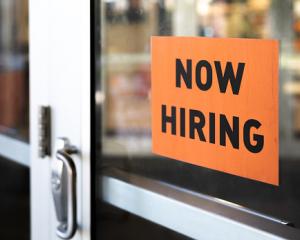
It is expected that Mr Macron - a centrist - should be able to attract a wider spectrum of second-round voters than far-right candidate Marine Le Pen, pulling in left-leaning voters from Benoit Hamon and Jean-Luc Melenchon as well as those leaning to the right that voted Francois Fillon in the first round.
Not all first-round winners go on to win the second round of voting being held in France on its Sunday.
Of the nine elections since the first direct presidential election in the Fifth Republic in 1965, three have seen the winner of the first round lose out in the second. This led to the elections of Valery Giscard d'Estaing in 1974, Francois Mitterrand in 1981 and Jacques Chirac in 1995.
However, based on current polls, Mr Macron would emerge victorious with about 60% of the vote.
''We could see further support for European equities and the euro if this happens. But we don't expect moves as sharp as we saw last week after the first round [of voting],'' Mr Timms said.
''A Macron win would be a market-friendly outcome, although that doesn't necessarily mean Europe is out of the woods in terms of political risk.''
There was a string of elections still to come on the European calendar, he said.
While some were were more important than others, the political surprises of the past year would keep investors anxious.
Germany holds its election in September and Italy is also scheduled to hold elections no later than May 2018.
Overall, pro-euro sentiment in the 19 member states sharing the common currency was at a ''healthy'' 74%, Mr Timms said.
Germany remained the most positive where 81% were in favour of the euro. Italy looked to be the country least sympathetic to the monetary union at just 53% in favour.
''On this basis, the Italian election has the most potential to disrupt markets.''












